
historian interested in late antiquity, poli-sci, and more.
join https://t.co/OBFpFp4ong for resources.
How to get URL link on X (Twitter) App


 How Was It Discovered?📚
How Was It Discovered?📚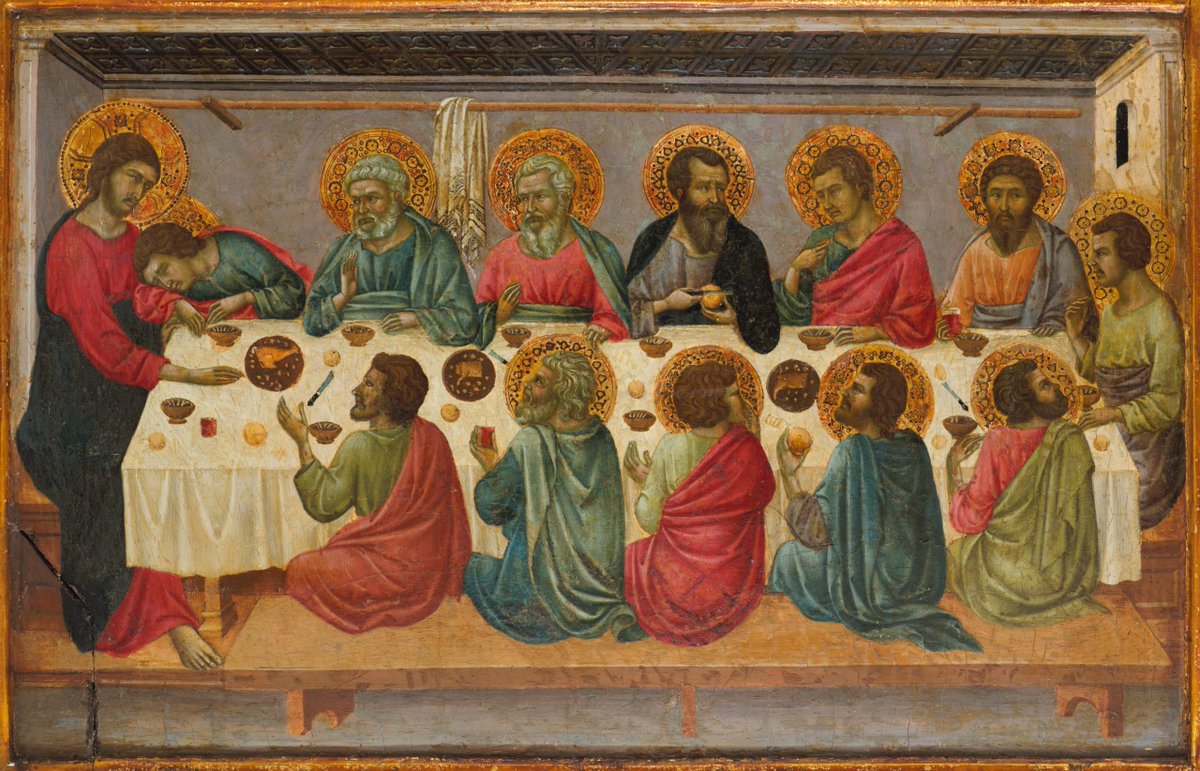
 Context (1/2)📚
Context (1/2)📚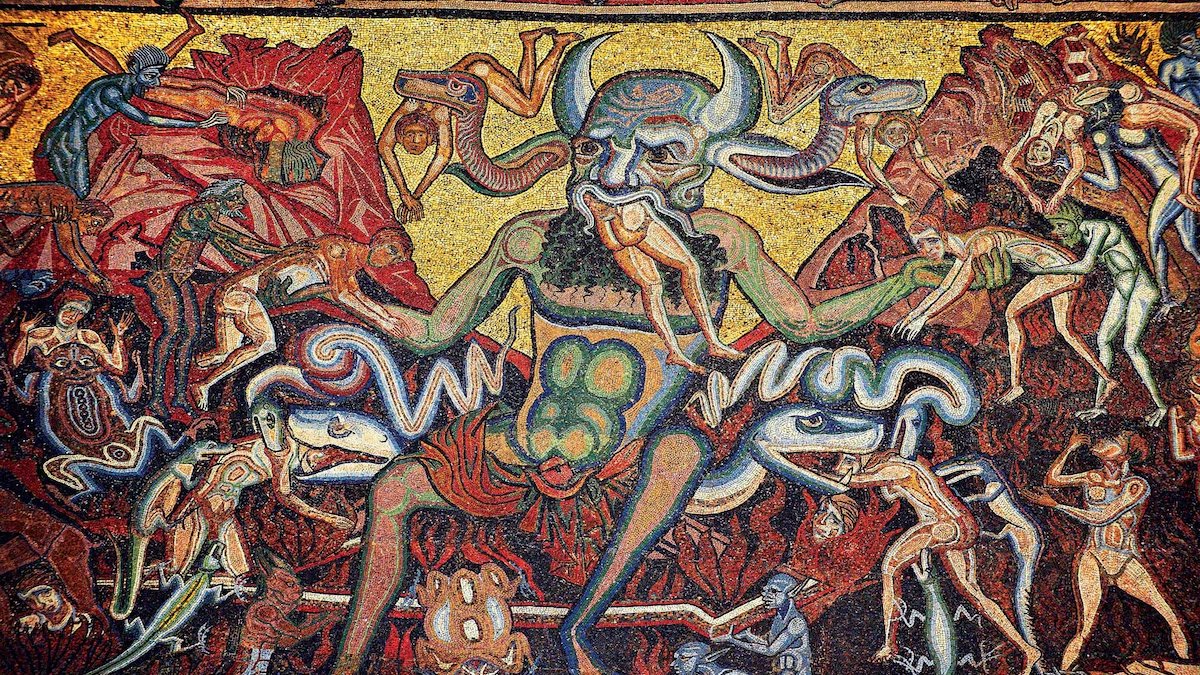
 In this thread, I will argue how while it is an early tradition, it shouldn't be seen as historical. I will also explain why it became a thing in a first place and why criterion of embarrassment doesn't work. 🧵
In this thread, I will argue how while it is an early tradition, it shouldn't be seen as historical. I will also explain why it became a thing in a first place and why criterion of embarrassment doesn't work. 🧵
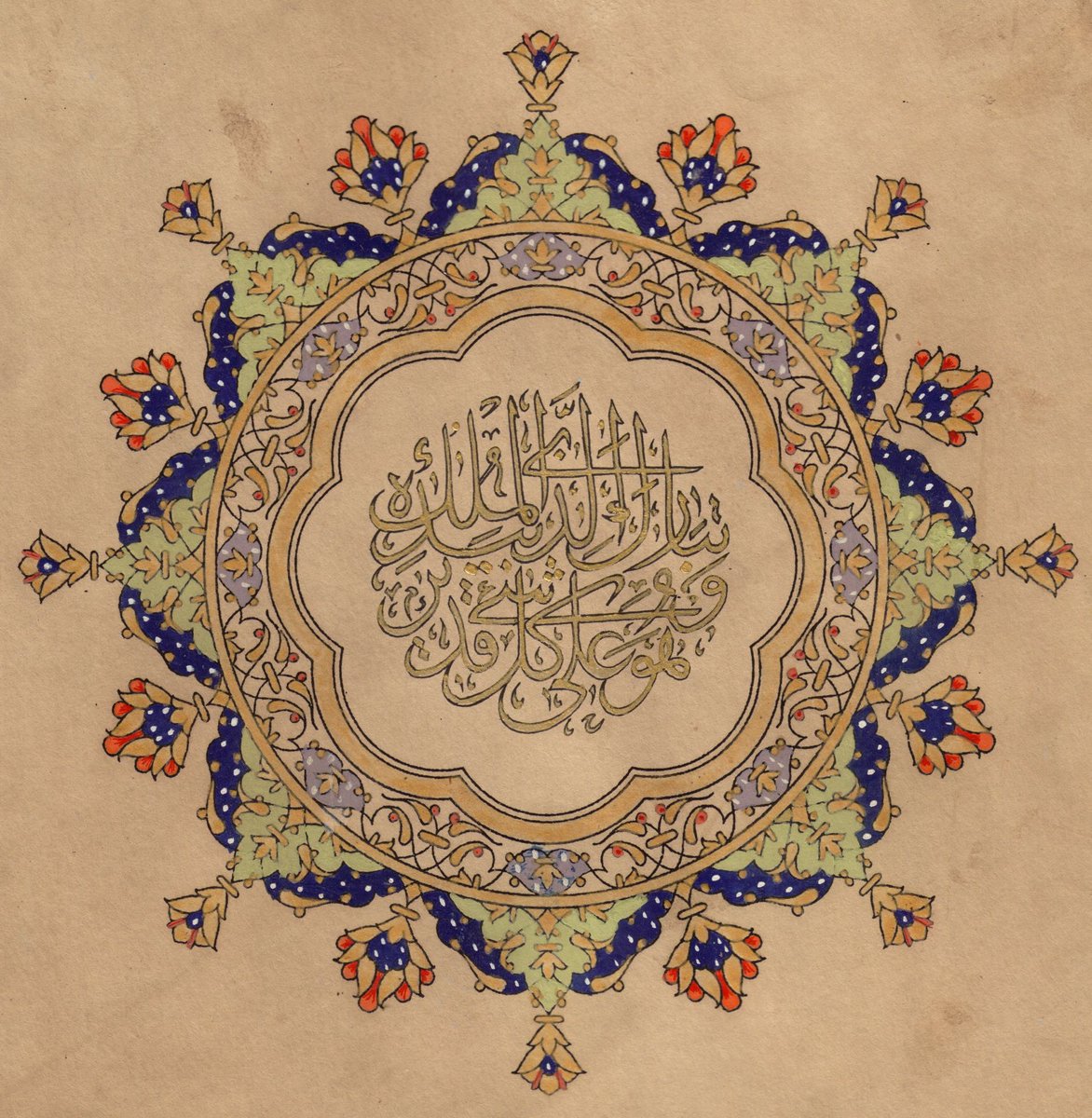
 Over here, Gorke will argue with the Patricia Crone interpretation that it is possible some stories were incorporated into this life but are based on exegetical speculation.
Over here, Gorke will argue with the Patricia Crone interpretation that it is possible some stories were incorporated into this life but are based on exegetical speculation.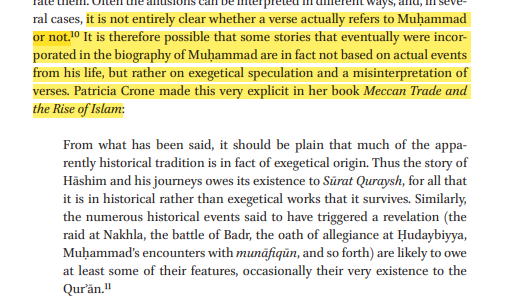
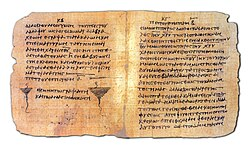
 What's the consensus on 2 Peter's authenticity (was it authored by Peter?)? 📚
What's the consensus on 2 Peter's authenticity (was it authored by Peter?)? 📚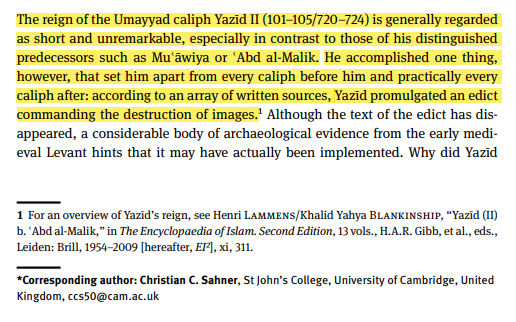
https://x.com/JordanAcademia0/status/1997277291790082109First of all, the Qurʾān lacks a clearly articulated prohibition against images. On the Qurʾān and early Muslim attitudes towards images see: Lammens, “Arts figurés,” 241; Arnold, Painting, 4‒6; Georges Marçais, “La question des images dans l’art musulman,” Byzantion 7 (1932): 161‒183; Creswell, “Lawfulness”; Aḥmad Muḥammad ʿĪsā, with Harold W. Glidden, tr., “Muslims and Taswīr,” The Muslim World 45 (1955): 250‒268; Bishr Farès, “Philosophie et jurisprudence illustrées par les arabes: la querelle des images en Islam,” Mélanges Louis Massignon, 3 vols., Damascus: Institut français de Damas, 1956‒1958[?], ii, 77‒109; Grabar, Formation, 78 ff; G.R. Hawting, The Idea of Idolatry and the Emergence of Islam: From Polemic to History, Cambridge: Cambridge University Press, 1999, 45‒66.

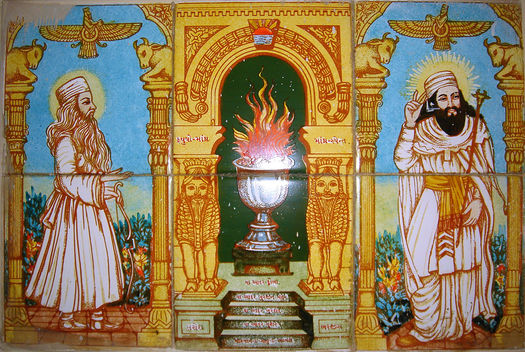
 First, how do we define Monotheism? 📜
First, how do we define Monotheism? 📜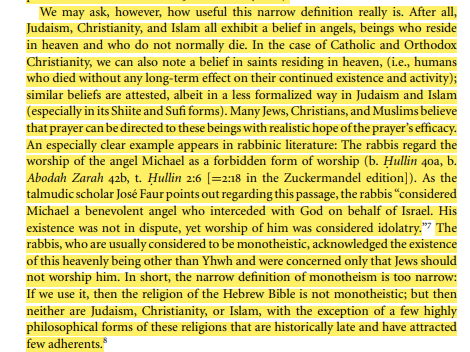

https://twitter.com/JordanAcademia0/status/1974514421377679382
 @IslamicOrigins released a paper which goes over the arguments for & against both Uthmanic canonization, and Abd al-Malik canonization. I would like to go over them, and also add a bit of thoughts. Let's start off with the criticisms of Ḥajjājian Hypothesis ⬇doi.org/10.1515/jiqsa-…
@IslamicOrigins released a paper which goes over the arguments for & against both Uthmanic canonization, and Abd al-Malik canonization. I would like to go over them, and also add a bit of thoughts. Let's start off with the criticisms of Ḥajjājian Hypothesis ⬇doi.org/10.1515/jiqsa-…
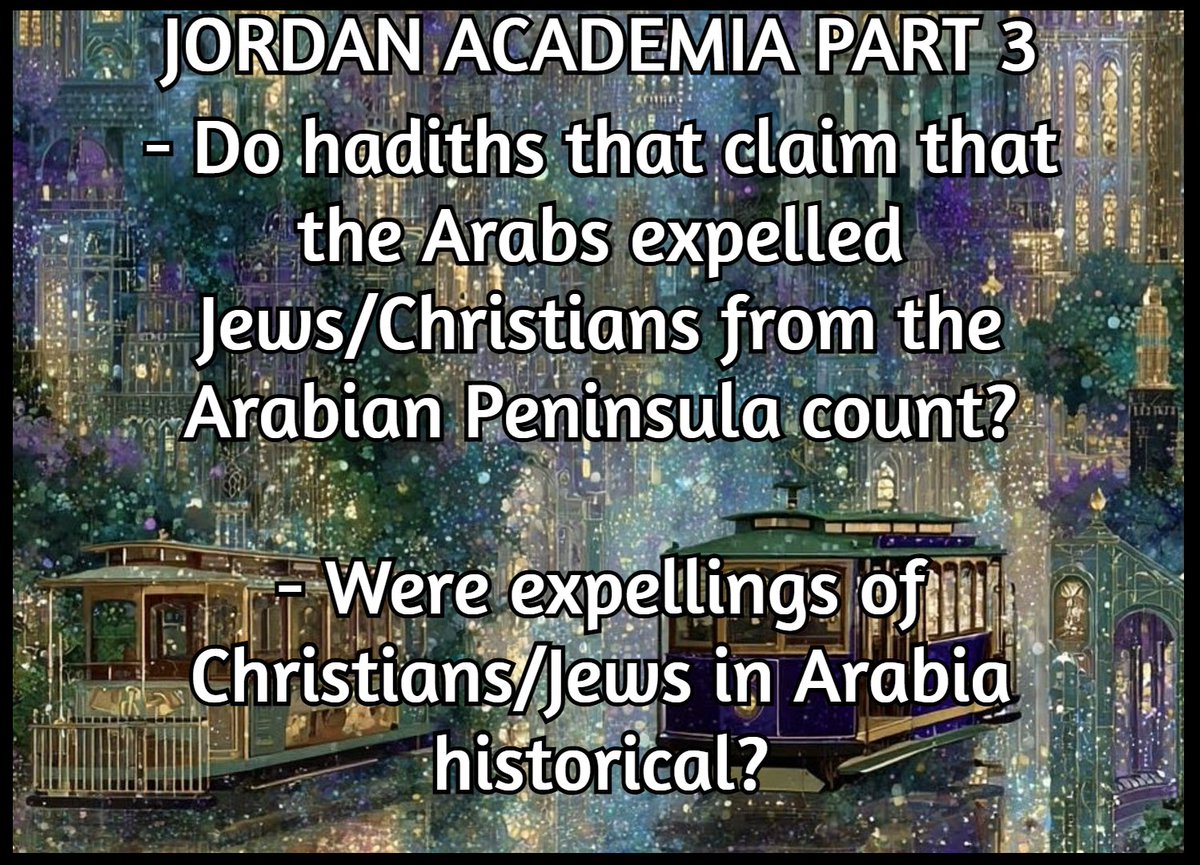
https://twitter.com/JordanAcademia0/status/1983037700329385990
 The hadith in context is Sahih Muslim 1767a, other ones included: Mishkat al-Masabih 4053, Musnad Ahmad 215, Sahih al-Bukhari 2338, Jami` at-Tirmidhi 1606, Sunan Abi Dawud 3030. Sahih al-Bukhari 3152 has clarification that the Jewish people remained in Khaibar until Umar.
The hadith in context is Sahih Muslim 1767a, other ones included: Mishkat al-Masabih 4053, Musnad Ahmad 215, Sahih al-Bukhari 2338, Jami` at-Tirmidhi 1606, Sunan Abi Dawud 3030. Sahih al-Bukhari 3152 has clarification that the Jewish people remained in Khaibar until Umar. 

https://twitter.com/JordanAcademia0/status/1980466929606488487
 Sources to be used in comparison (all wars in Late Antiquity):
Sources to be used in comparison (all wars in Late Antiquity):https://twitter.com/julienries13/status/1981351160905658705The most notable responses include:

 Now of course, conquests/war is objectively violent. To summarize about the Arab conqests, the conquests were rather bloody, but not bloodier than any other conquest at the time, and, indeed, the archaeological record shows that the early Muslims did not embark on any large scale destruction of places. It is also hard to say that it is religiously motivated, for reasons I will show in this thread.
Now of course, conquests/war is objectively violent. To summarize about the Arab conqests, the conquests were rather bloody, but not bloodier than any other conquest at the time, and, indeed, the archaeological record shows that the early Muslims did not embark on any large scale destruction of places. It is also hard to say that it is religiously motivated, for reasons I will show in this thread.
 There are many debates over the period of time in which the Qur'an was canonized/standardized in. There will likely be multiple parts. I'll be arguing that the Qur'an was canonized during the time of Uthman, in the next part, I will talk about the arguments for the Qur'an being canonized later (during Abd al-Malik) as well as carbon-dating and whether or not they hold up, and the last part I will likely talk about arguments for the Qur'an being canonized even earlier than Uthman.
There are many debates over the period of time in which the Qur'an was canonized/standardized in. There will likely be multiple parts. I'll be arguing that the Qur'an was canonized during the time of Uthman, in the next part, I will talk about the arguments for the Qur'an being canonized later (during Abd al-Malik) as well as carbon-dating and whether or not they hold up, and the last part I will likely talk about arguments for the Qur'an being canonized even earlier than Uthman.

 In this thread, I'll explain whether or not the Qur'an mistakes 'Mary' for 'Miriam', the daughter of Amram and Jochebed, and the older sister of Moses and Aaron. I'll also explain why the Qur'an calls 'Mary' the 'Sister of Aaron', which appears in Q19:28.
In this thread, I'll explain whether or not the Qur'an mistakes 'Mary' for 'Miriam', the daughter of Amram and Jochebed, and the older sister of Moses and Aaron. I'll also explain why the Qur'an calls 'Mary' the 'Sister of Aaron', which appears in Q19:28.

 There's a few verses that have been interpreted as misrepresentations of Christianity (Q 5:17, 72, 73, 75). Today, I'll explain why they're not misrepresentations but rather a criticism of imperial Byzantine propaganda and evolving Marian veneration.
There's a few verses that have been interpreted as misrepresentations of Christianity (Q 5:17, 72, 73, 75). Today, I'll explain why they're not misrepresentations but rather a criticism of imperial Byzantine propaganda and evolving Marian veneration.